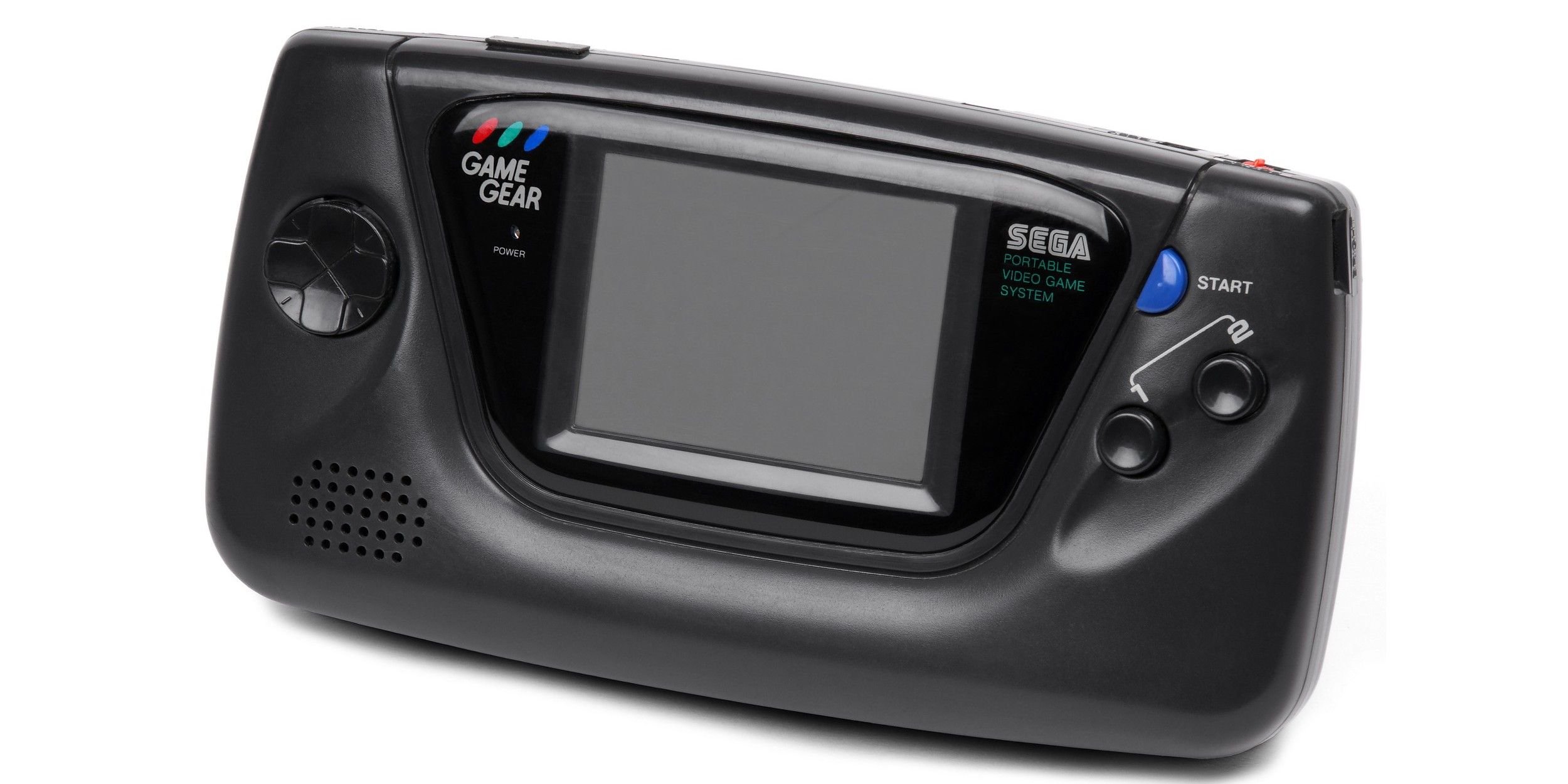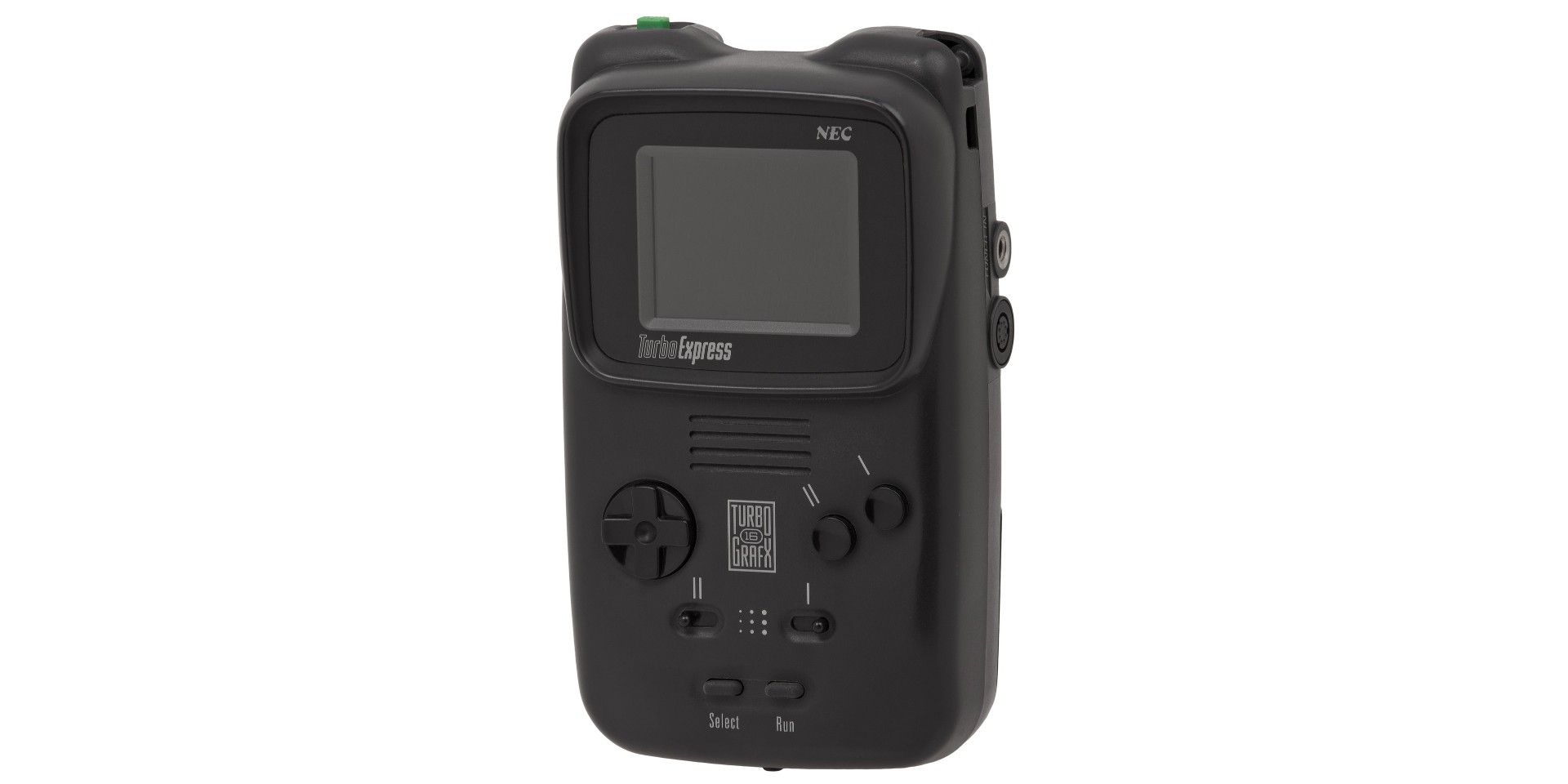
If you grew up in the late 80s or early 90s, odds are that you either owned a Sega Game Gear, or envied those that did. The intrepid little handheld device offered features that were largely unheard of at the time and introduced a generation to the possibility of brightly lit, full color games on the go. While the device did have its shortcomings, it is still remembered today as being a powerful handheld that still has a huge fan base. Read on as we go over just a few of the reasons why the Sega Game Gear was awesome.
Prior to the launch of the Game Gear, for most gamers portable gaming meant making huge compromises. For example, handheld Tiger games offered a mere shadow of a real gaming experience. The most popular handheld of the time, the Nintendo GameBoy, offered a much more in-depth gaming experience than earlier handheld electronic games, but it suffered due to its blurry green and black screen that was merely a dot matrix display. The GameBoy was a huge success, but it was its lack of a full color and brightly lit display that made gamers drool over the Game Gear.
From a technical standpoint, the Game Gear was essentially a Sega Master System in a handheld format. The Master System wasn't a big hit in the US, but it still offered a compelling game experience for the 8-bit era, and put up quite a fight with the NES. Because of its technical similarities with the Master System, the Game Gear received dozens of ports of popular Master System titles. Imagine for a moment what it would have been like to have a portable full color and brightly lit NES in your pocket back in 1991 when the SNES was the flagship console for Nintendo and the NES was still relevant. It would've been a big deal. The Game Gear didn't just play games, either. With the use of add-ons, one could even watch TV on it. That's something GameBoy owners could have only dreamed of.

The Sega Game Gear was not without its flaws, however. It also had some stiff competition – even if that competition didn't gain much ground in the US. The most technologically competent competitor to the Sega Game Gear was the NEC TurboExpress. The TurboExpress was a handheld version of the TurboGrafx-16, a then-modern 16-bit console that had an impressive library of games. Owning a TurboExpress would've been like having a portable Sega Genesis or Super Nintendo as early as 1990. Unfortunately, the TurboGrafx-16 wasn't a big hit in the US, and consequently the TurboExpress didn't see much adoption. That meant that for gamers in the US, the Sega Game Gear was the ultimate full color portable game system for many years.
As far as the system itself, it did suffer from a few drawbacks that still haunts its legacy to this day. One commonly reported issue with the Game Gear was that it gobbled up batteries incredibly fast. While a GameBoy player could expect quite a few hours of play on four AA batteries, Game Gear owners had to swap batteries a lot faster. Another common complaint was the smaller library of games as compared to the GameBoy. Sources suggest that the GameBoy saw far more releases because of Nintendo's then harsh licensing rules that kept third-party developers away from Sega and NEC. However, the Game Gear still had an impressive array of titles, even if the total number of games was smaller.
While not perfect, the Sega Game Gear was an impressive piece of tech for its time and made the possibility of a real handheld gaming experience come true for the lucky few that owned one. As long as they kept a healthy supply of batteries nearby, they were sure to be the envy of everyone at the schoolyard.
from ScreenRant - Feed https://ift.tt/2GbR06y

0 Comments